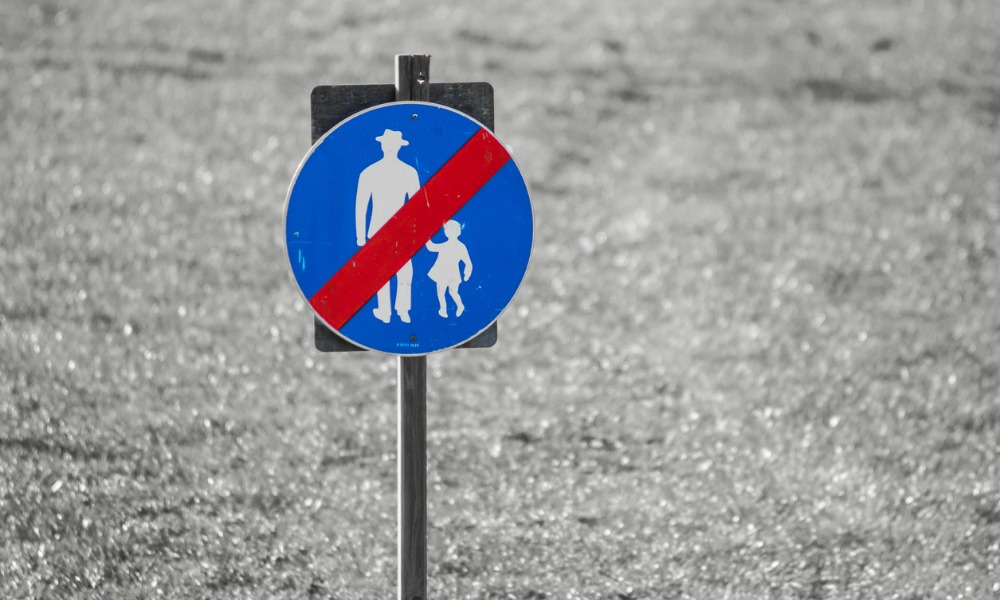
Justice minister did not properly consider whether surrender would breach Charter rights, man says

The federal justice minister sufficiently addressed a man’s personal circumstances and independently assessed the Cotroni factors when determining whether his surrender for extradition would infringe his Charter rights or rights under the Extradition Act, a recent ruling said.
The applicant in the case received charges of child luring and producing child pornography. Ontario’s attorney general gave the opinion that no charge should be laid in Ontario because it would not be equally effective to prosecute him in Canada.
In December 2021, the justice minister ordered the applicant to surrender for extradition to the U.S. The minister found that, while considerations such as the length of the sentence that the applicant was likely to receive abroad supported the argument that extradition would cause him undue hardship, this did not mean that extradition would shock the conscience of Canadians or would make his surrender unjust or oppressive.
The applicant asked for judicial review. He argued that the minister:
The applicant stressed that he would receive a much longer sentence in the U.S. than in Ontario. He referred to his medical problems and to the significant period of time that passed between the American authorities’ discovery of the alleged offences and their request for extradition. This length of time worsened his medical issues, he claimed.
In United States v. Creighton, 2023 ONCA 85, the Ontario Court of Appeal dismissed the judicial review application.
First, the appellate court ruled that the minister reviewed the relevant evidence and made no legal errors in identifying the legal principles for the Cotroni analysis or in analyzing and applying those principles.
The minister indeed considered the fact that the attorney general decided not to lay charges in Ontario and stated that doing so would not be an equally effective or realistic option.
However, the appellate court noted that the minister also listed other considerations, including the following: the very young victim, whom the applicant exploited and groomed for years and who lived in the U.S.; the investigation and preparation of the case, which American authorities conducted entirely in the U.S.; and the evidence, which was in the U.S.
Second, the appellate court held that the minister reasonably concluded that the applicant fell short of the high threshold required under s. 7 of the Charter or s. 44(1)(a) of the Extradition Act.
The appellate court noted that there was no medical evidence proving that the applicant’s health problems worsened between the initiation of the investigation and the request for extradition.
According to the appellate court, the minister: